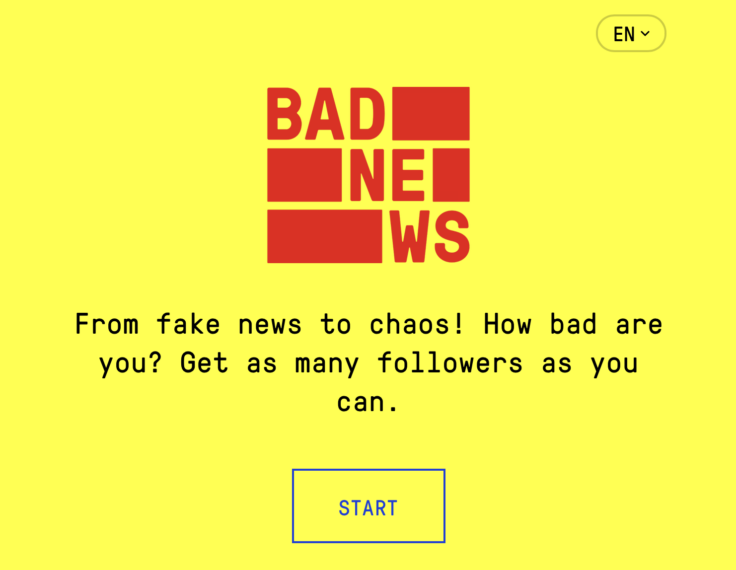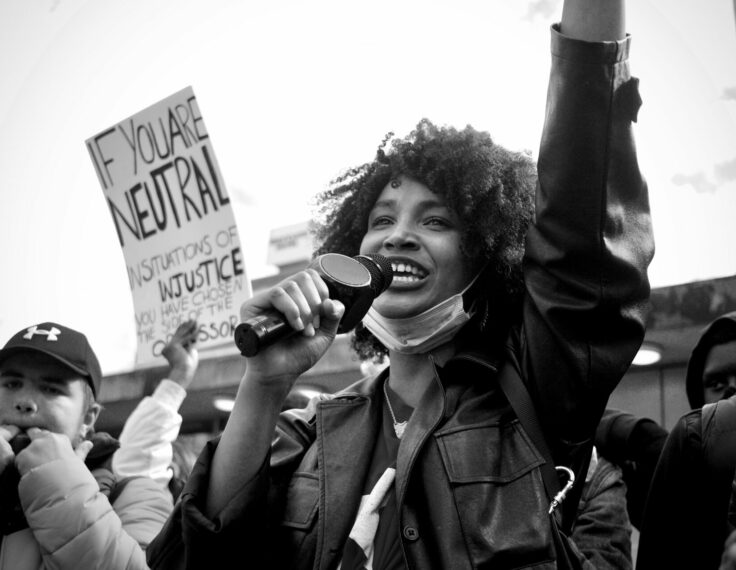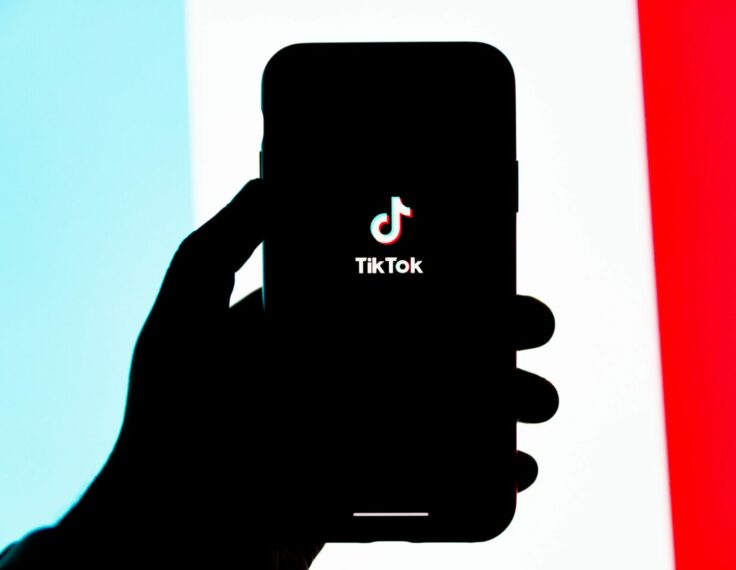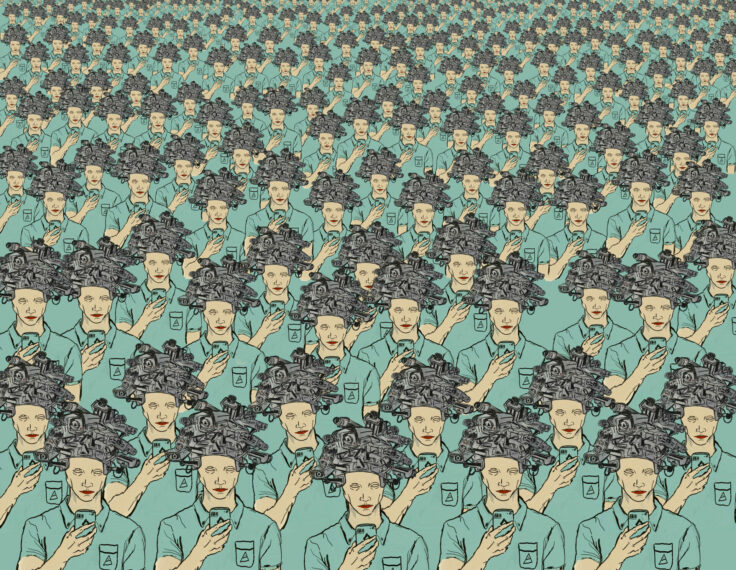Explore All Articles
All Articles
Article Topic

Feedback and education improve human detection of image manipulation on social media
Adnan Hoq, Matthew J. Facciani and Tim Weninger
This study investigates the impact of educational interventions and feedback on users’ ability to detect manipulated images on social media, addressing a gap in research that has primarily focused on algorithmic approaches. Through a pre-registered randomized and controlled experiment, we found that feedback and educational content significantly improved participants’ ability to detect manipulated images on social media.

The role of narrative in misinformation games
Nisha Devasia and Jin Ha Lee
Several existing media literacy games aim to increase resilience to misinformation. However, they lack variety in their approaches. The vast majority focus on assessing information accuracy, with limited exploration of socio-emotional influences of misinformation adoption. Misinformation correction and educational games have explored how narrative persuasion influences personal beliefs, as identification with certain narratives can frame the interpretation of information.

Playing Gali Fakta inoculates Indonesian participants against false information
Matthew J. Facciani, Denisa Apriliawati and Tim Weninger
Although prebunking games have shown promise in Western and English-speaking contexts, there is a notable lack of research on such interventions in countries of the Global South. In response to this gap, we developed Gali Fakta, a new kind of media literacy game specifically tailored for an Indonesian audience.

Gamified inoculation reduces susceptibility to misinformation from political ingroups
Cecilie Steenbuch Traberg, Jon Roozenbeek and Sander van der Linden
Psychological inoculation interventions, which seek to pre-emptively build resistance against unwanted persuasion attempts, have shown promise in reducing susceptibility to misinformation. However, as many people receive news from popular, mainstream ingroup sources (e.g., a left-wing person consuming left-wing media) which may host misleading or false content, and as ingroup sources may be more persuasive, the impact of source effects on inoculation interventions demands attention.

Measuring what matters: Investigating what new types of assessments reveal about students’ online source evaluations
Joel Breakstone, Sarah McGrew and Mark Smith
A growing number of educational interventions have shown that students can learn the strategies fact checkers use to efficiently evaluate online information. Measuring the effectiveness of these interventions has required new approaches to assessment because extant measures reveal too little about the processes students use to evaluate live internet sources.

Designing misinformation interventions for all:
Perspectives from AAPI, Black, Latino, and Native American community leaders on misinformation educational efforts
Angela Y. Lee, Ryan C. Moore and Jeffrey T. Hancock
This paper examines strategies for making misinformation interventions responsive to four communities of color. Using qualitative focus groups with members of four non-profit organizations, we worked with community leaders to identify misinformation narratives, sources of exposure, and effective intervention strategies in the Asian American Pacific Islander (AAPI), Black, Latino, and Native American communities.

Critical disinformation studies: History, power, and politics
Rachel Kuo and Alice Marwick
This essay advocates a critical approach to disinformation research that is grounded in history, culture, and politics, and centers questions of power and inequality. In the United States, identity, particularly race, plays a key role in the messages and strategies of disinformation producers and who disinformation and misinformation resonates with.

Research note: Likes, sarcasm and politics: Youth responses to a platform-initiated media literacy campaign on social media
Ioana Literat, Abubakr Abdelbagi, Nicola YL Law, Marcus Y-Y Cheung and Rongwei Tang
To better understand youth attitudes towards media literacy education on social media, and the opportunities and challenges inherent in such initiatives, we conducted a large-scale analysis of user responses to a recent media literacy campaign on TikTok. We found that reactions to the campaign were mixed, and highly political in nature.

Propaganda
“A most mischievous word”: Neil Postman’s approach to propaganda education
Renee Hobbs
Before there was a term called media literacy education, there was an interdisciplinary group of writers and thinkers who taught people to guard themselves against the manipulative power of language. One of the leaders of this group was Neil Postman, known for his best-selling book published in 1985, Amusing Ourselves to Death: Public Discourse in the Age of Show Business.
